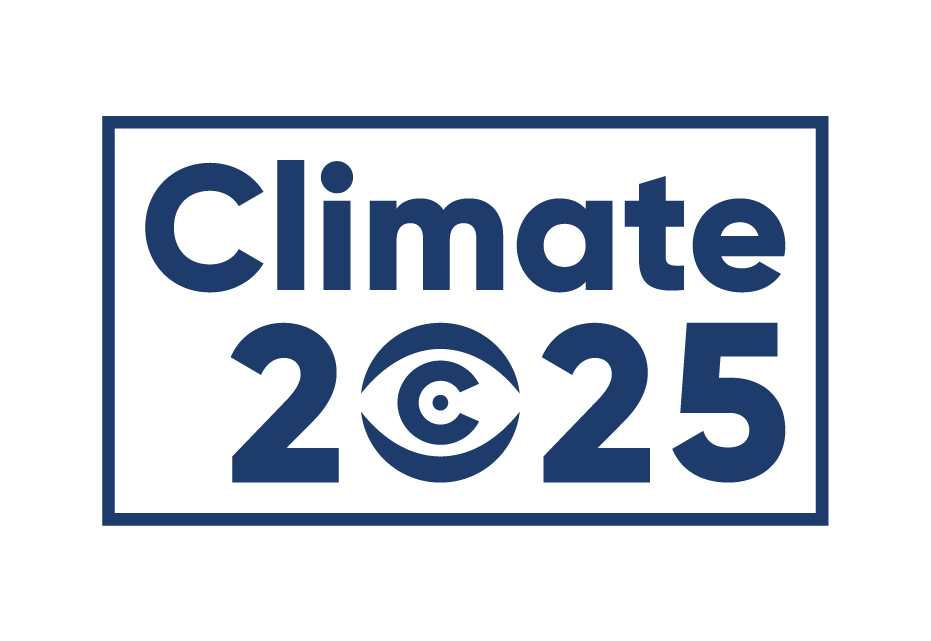Transitional Risks to Commercial Banks
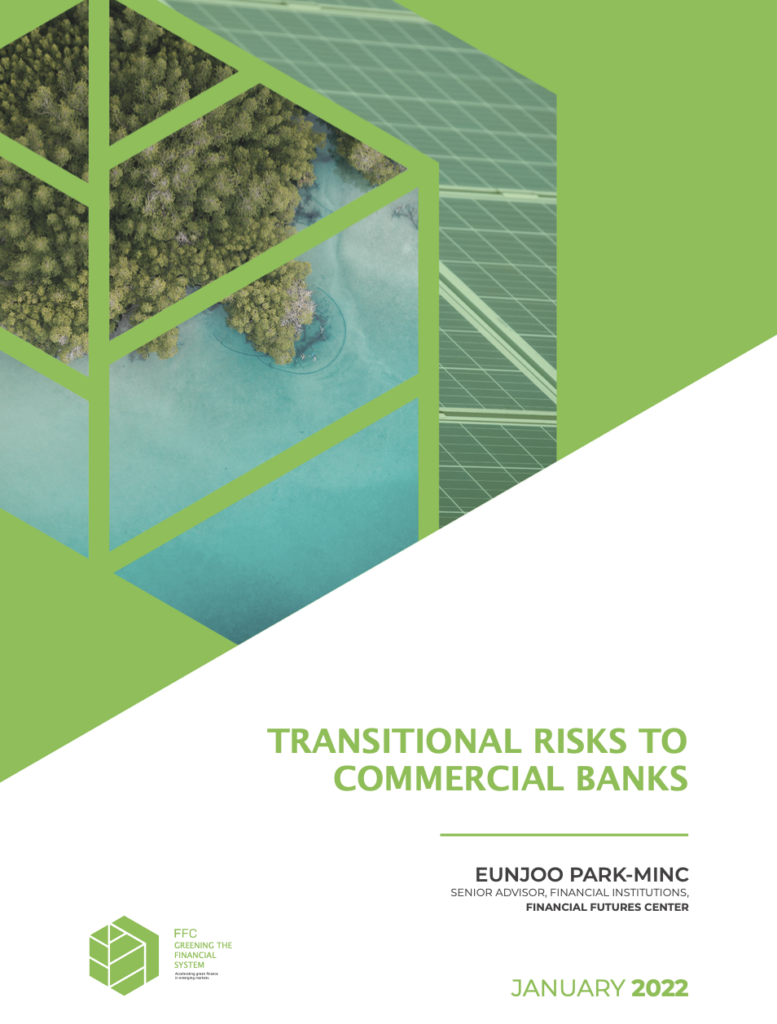
The financial crisis of 2007–08 taught financial institutions to make macroeconomic stress tests central to their risk management strategy. In the transition to a low-carbon economy, banks must appropriately manage the transition risk assets they have financed to ensure financial stability. Globally, the banking industry is integrating environmental, social, and governance (ESG) risk, physical risk, […]
Dhaka urges international community to scale up sharing Rohingya burden
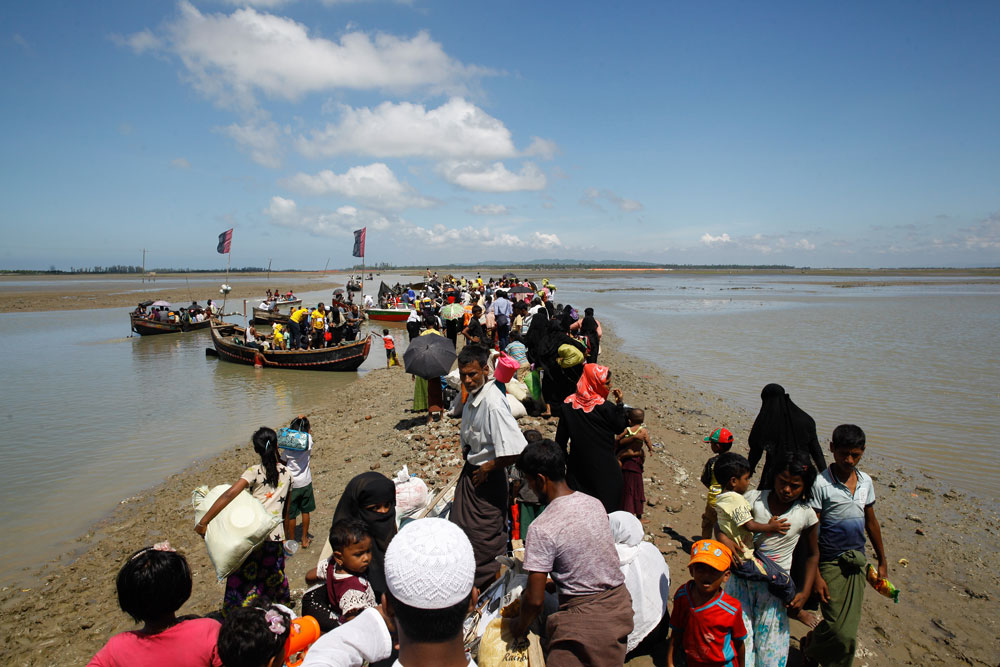
Financial Futures Center Founder, Sara Jane Ahmed, named recipient of $3 million award for Climate Prosperity Plan for economies facing most climate risks

SAN FRANCISCO/MANILA, December 7, 2021 — The Climate Breakthrough Project, a philanthropic organization focused on climate change, has named Sara Jane Ahmed, Financial Futures Center Founder and V20’s Finance Advisor, one of its three recipients of the 2021 Climate Breakthrough Award, the largest environmental award of its kind. The awardees, who for the first time […]
Mujib Climate Prosperity Plan
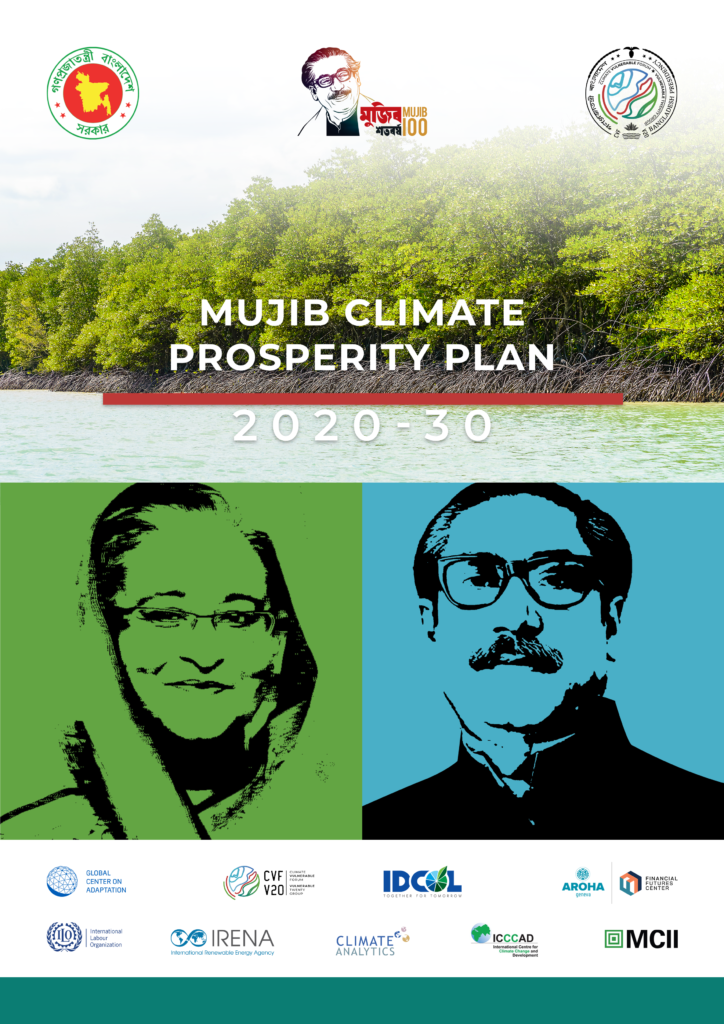
Hard-fought development gains and increased productivity will continue to be undermined or reversed if the 1.5°C limit of the Paris Agreement is breached. Episodic climate-induced disasters and losses are only one subset of the threats the Bangladeshi people and industry face. The other involves slow-onset effects such as drought, sea-level rise and ocean acidification which […]
Toward Development-Centered Climate Change Policy at the International Monetary Fund
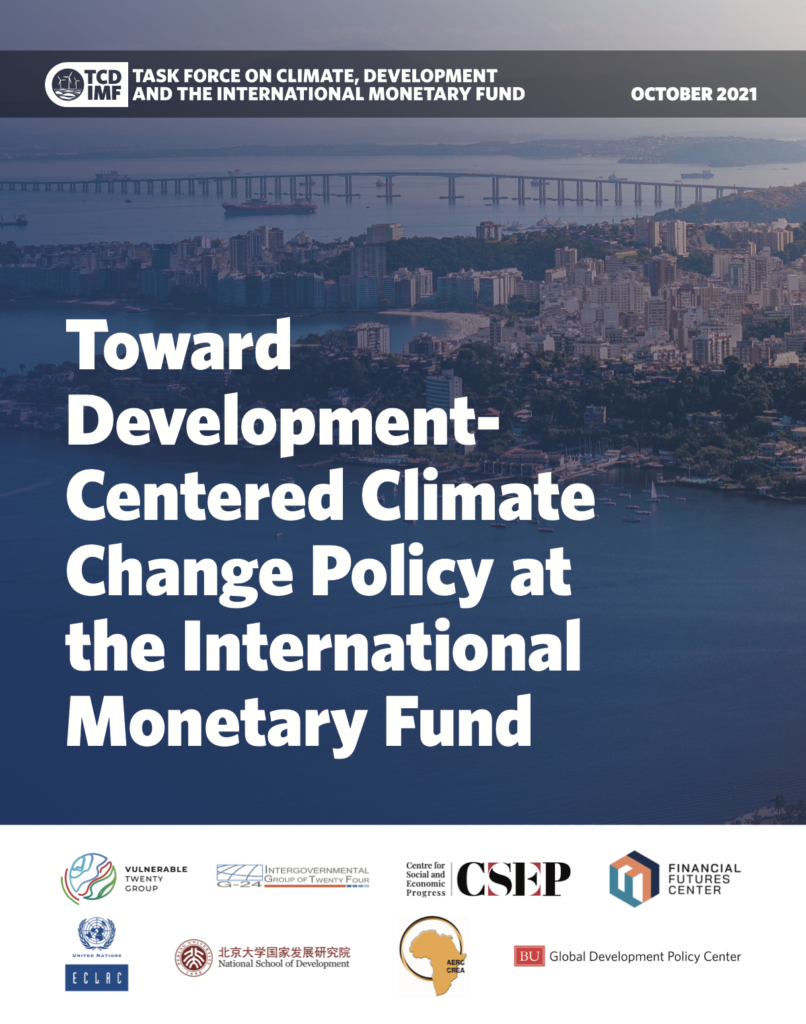
Climate change and policy responses to address climate change pose significant risks to financial and fiscal stability, poverty and inequality, and the long-run growth prospects of the world economy. In the midst of a global pandemic, 2021 has already been marked by a slew of extreme weather events, wreaking havoc on countries and economies across […]
Re-channeling Special Drawing Rights for a Climate Resilient and Just Transition: Prospects for a Resilience and Sustainability Trust
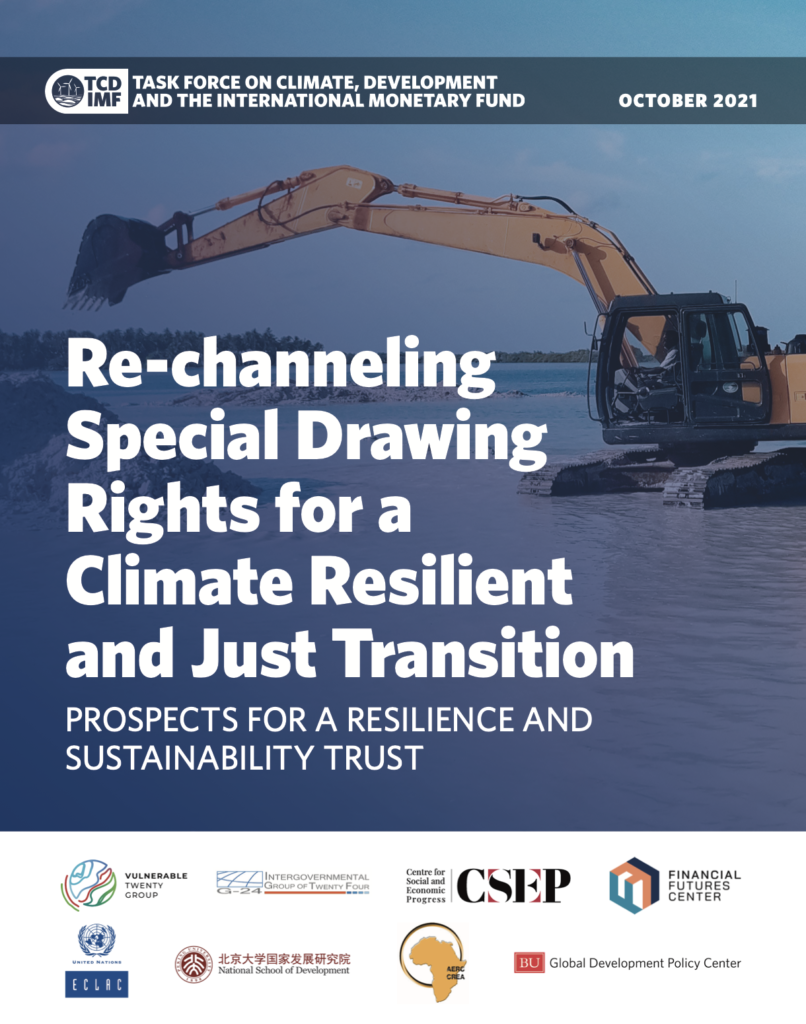
In a historic breakthrough for the multilateral system, the International Monetary Fund (IMF) approved the global allocation of $650 billion in Special Drawing Rights (SDRs)—the inter- national reserve asset issued by the IMF—to support liquidity and foster the resilience of the global economy in the wake of the COVID-19 pandemic. While unprecedented in its scope, […]
Toward Development-Centered Climate Change Policy at the International Monetary Fund

Climate change and policy responses to address climate change pose significant risks to financial and fiscal stability, poverty and inequality, and the long-run growth prospects of the world economy. In the midst of a global pandemic, 2021 has already been marked by a slew of extreme weather events, wreaking havoc on countries and economies across […]
Re-channeling Special Drawing Rights for a Climate Resilient and Just Transition: Prospects for a Resilience and Sustainability Trust

In a historic breakthrough for the multilateral system, the International Monetary Fund (IMF) approved the global allocation of $650 billion in Special Drawing Rights (SDRs)—the international reserve asset issued by the IMF—to support liquidity and foster the resilience of the global economy in the wake of the COVID-19 pandemic. While unprecedented in its scope, this […]
The Need for a Development-Centered Climate Change Policy at the International Monetary Fund
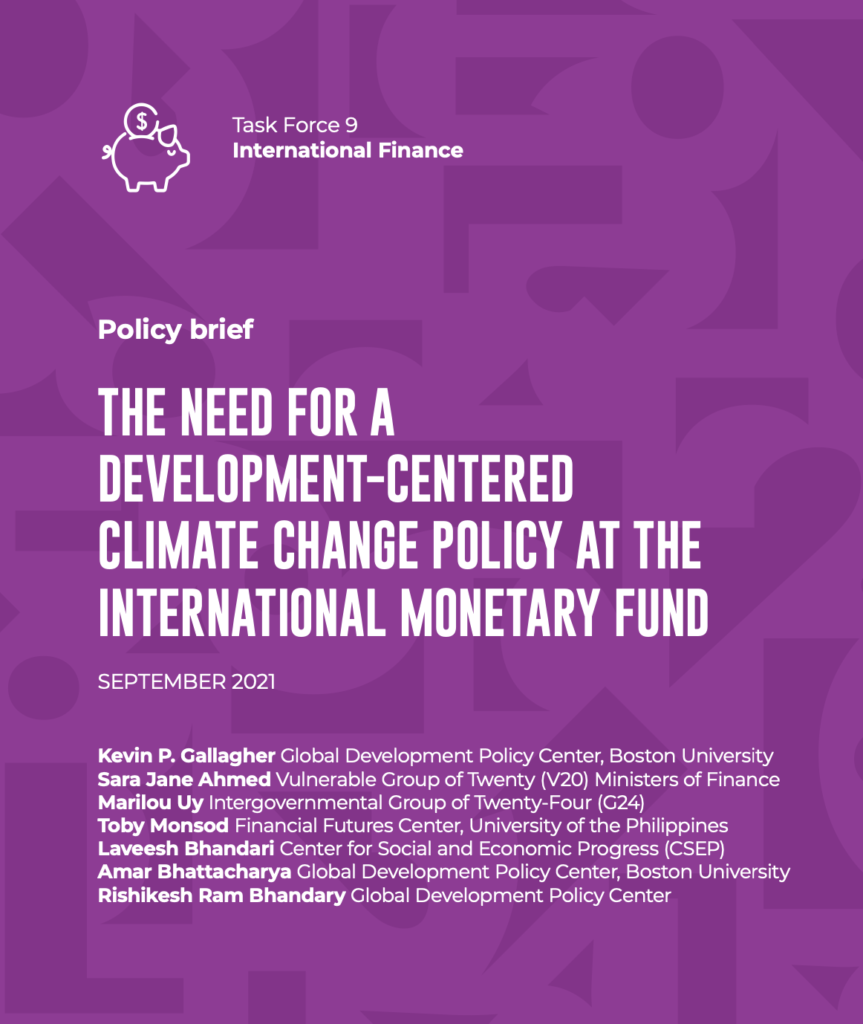
Climate change and climate change policy pose significant risks to financial and fiscal sta- bility. They also pose risks and offer opportunities for growth and development prospects. As the only multilateral, rules-based institution charged with maintaining the stability of the international financial and monetary system, the International Monetary Fund (IMF) should put in place an […]
Potential Roles for Export Credit Agencies in Catalyzing Private Sector Green Financing
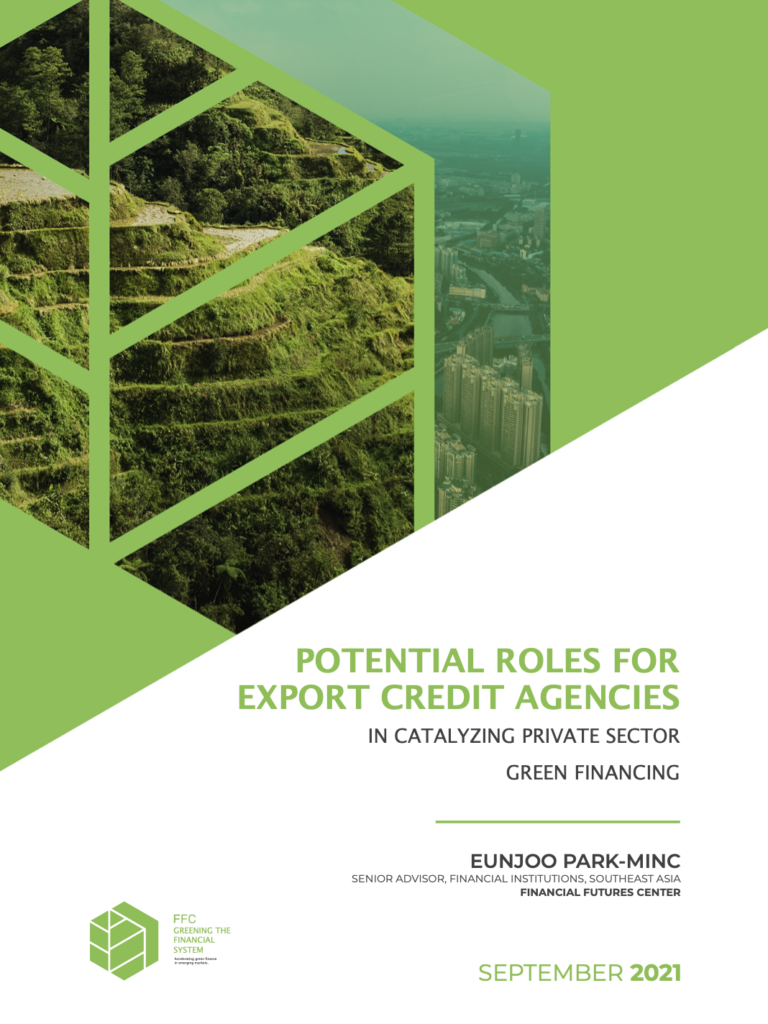
Conventional sources of funding will be insufficient to finance essential sustainable energy infrastructure. Southeast Asian countries, therefore, need to access international and national sources of finance such as ECAs to drive low-carbon and climate-resilient development alongside their recovery from the COVID-19 pandemic. Download File


